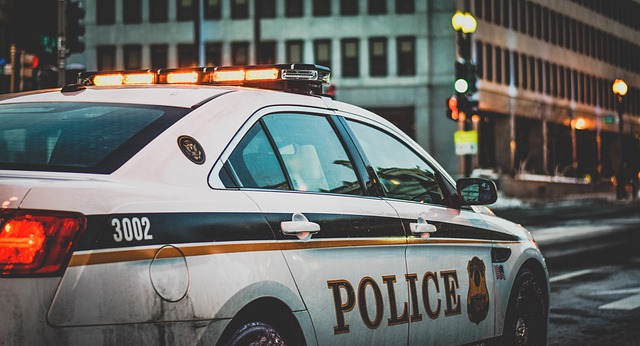
By Jennifer Carter, Staff Writer
Since the legalization of marijuana in Colorado in January 2014, fatalities caused by drivers under the influence of drugs has skyrocketed. Similarly, Pennsylvania has seen a 43 percent increase in DUI-drug arrests between 2014 and 2015 alone.[1] This increase appeared well before the bill legalizing medical marijuana was signed in April 2016 (the projected date of actual dispensation is 2018),[2] along with a similarly timed decriminalization of marijuana possession in the city of Pittsburgh.
Many see this as a segue to full recreational legalization in the future. But what new consequences will legalization bring to our roadways?
There are those who think that they can only be charged with a DUI if they have been drinking, and this is incorrect. A DUI charge can include recreational drugs, prescription drugs, and even non-prescription drugs. Ever taken a Benadryl and felt groggy and sleepy? If you get behind a wheel, this is considered impaired driving and can lead to a DUI arrest, hefty fines, and the criminal record that goes along with it.[3]
Drug-related driving statistics can be misinterpreted due to the many types of drugs attached to DUIs. However, Colorado contributes more realistic numbers regarding marijuana alone, as the opioid epidemic has not hit the state as hard as it has hit Pennsylvania.[4]
Furthermore, 12.5 percent of its DUI drivers had cannabis alone in their systems without any alcohol present. Colorado only saw a slight increase in the number of DUI fatalities between 2005 and 2015 on a yearly basis. But after 2014, the year recreational marijuana was legalized, fatalities from drugged drivers increased by nearly 10 percent. While there is a specific amount of THC that a person can have in their blood to be considered “under the legal limit,” ingestion of THC in one sitting is much harder to track than alcohol, as it is generally inhaled and poorly regulated.[5]
“You cannot judge your own level of impairment,” states Colorado’s Department of Transportation. “Any amount of marijuana consumption puts you at risk of driving impaired.”[6] Specifically, marijuana slows reaction time, thus creating a huge danger in the operation of a vehicle.
To further muddy the waters, the only way to test for THC is a blood draw, though the involuntary taking of blood was ruled unconstitutional this summer.[7] Since THC can frequently stay in your blood cells for over a month, you can be convicted of a DUI even if you have not ingested marijuana in weeks.[8]
As medical research expounds the benefits of medical marijuana and popular culture pushes the status quo toward full legalization, each state will handle the legal consequences of marijuana consumption in its own way. Looking to other states’ statistics shows that an uncertain road lies ahead as the demonizing of marijuana diminishes. In Pittsburgh, we will quickly see just how decreased regulation will affect the safety of our roadways.
Sources
[1] Lily Oppenheimer, State police arrests of drug-impaired drivers spike in 2015. Pittsburgh Post-Gazette, June 26, 2016.
[2] Sophie Stone, Deputy Press Secretary, Medical Marijuana, The Blog ‘What You Need to Know About Medical Marijuana in Pennsylvania. https://www.governor.pa.gov/blog-what-you-need-to-know-about-medical-marijuana-in-pennsylvania/.
[3] alerts.nationalsafetycommission.com
[4] http://www.cdc.gov/drugoverdose/data/statedeaths.htmlhttps://www.governor.pa.gov/blog-what-you-need-to-know-about-medical-marijuana-in-pennsylvania/
[5] Drugged Driving Statistics. https://www.codot.gov/safety/alcohol-and-impaired-driving/druggeddriving/drugged-driver-statistics/view.
[6] Marijuana and Driving. https://www.codot.gov/safety/alcohol-and-impaired-driving/druggeddriving/marijuana-and-driving.
[7] Birchfield v. North Dakota, 136 S. Ct. 2160 (2016).
[8] Supra, note 6.